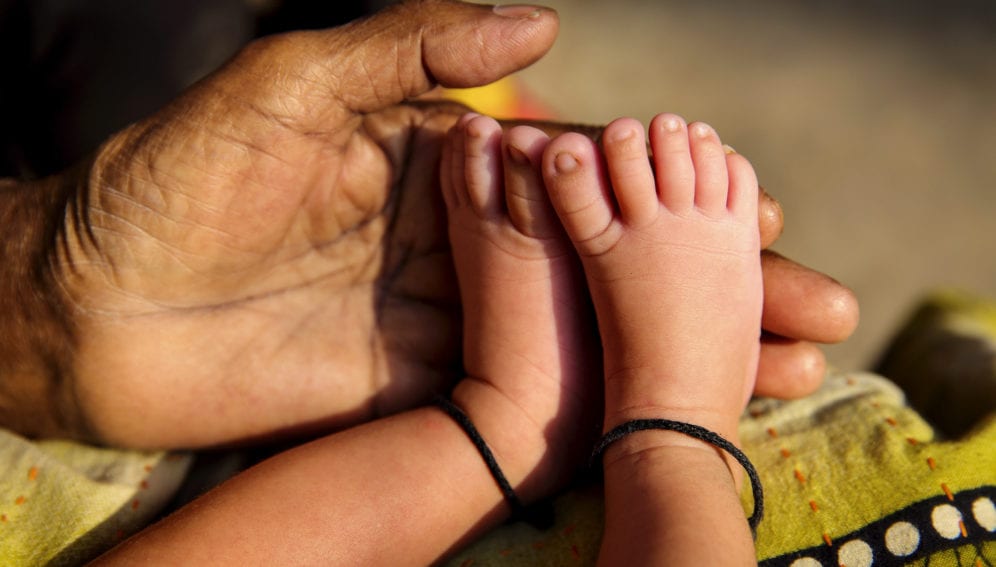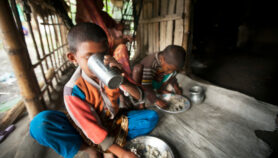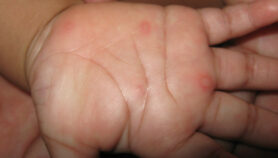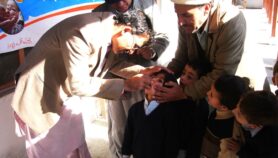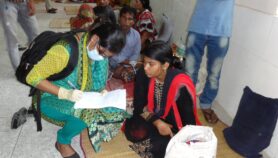By: Naimul Haq
Send to a friend
The details you provide on this page will not be used to send unsolicited email, and will not be sold to a 3rd party. See privacy policy.
[DHAKA] Bangladeshi and US scientists have developed an innovative ‘thermal blanket’, designed to save the lives of premature babies in resource-poor countries.
Made from locally available materials, the ‘portable incubator’ incorporates chemical warming pads to provide essential heat and is both user-friendly and safe. The exothermic pads are commercially available and commonly used for relieving joint and muscle pain.
Exothermic pads release latent heat when changing from a salt solution — in this case sodium acetate — to a solid state.
“One of our contributions to product development is the use of semi-solid hydrogenated oil as a buffer to absorb excess heat and extend the duration of optimal heat maintenance in the blanket,” says M. A. Quaiyum, co-principal investigator and scientist at the international centre for diarrhoeal disease and research, Bangladesh (icddr,b).
Saifuddin Ahmed, associate professor, Johns Hopkins Bloomberg School of Public Health and principal investigator of the project tells SciDev.Net that the team sees the blanket as a solution to infant hypothermia (dangerously low body temperature). Prematurely born infants lack the body fat necessary to regulate their own temperature.
“In resource-poor settings, ‘kangaroo mother care’ in which preterm infants are carried skin-to-skin with the mother, has been promoted as an alternative to incubators,” says Ahmed. “However, maintaining close continuous is problematic and there is concern that mothers may, during sleep, accidently roll over onto the infant.”Globally, around 15 million babies are born prematurely (before 37 weeks of gestational age) each year and this number is increasing. Premature newborns account for around 50 per cent of global neonatal deaths, the majority of which take place in developing countries.
“A key challenge after premature birth is protecting the newborn from hypothermia. Low-cost thermal protection of preterm newborns is, therefore, a global priority,” Quaiyum says.
The blanket was originally developed by scientists at Johns Hopkins University and George Mason University support from icddr,b scientists through a grant from the Bill and Melinda Gates Foundation.
Funding from Swedish International Development Aid (Sida) and icddr,b, allowed feasibility and acceptability studies to be conducted at the Matlab Hospital and the Shahjadpur Upazila (sub-district) health complex in Bangladesh.


